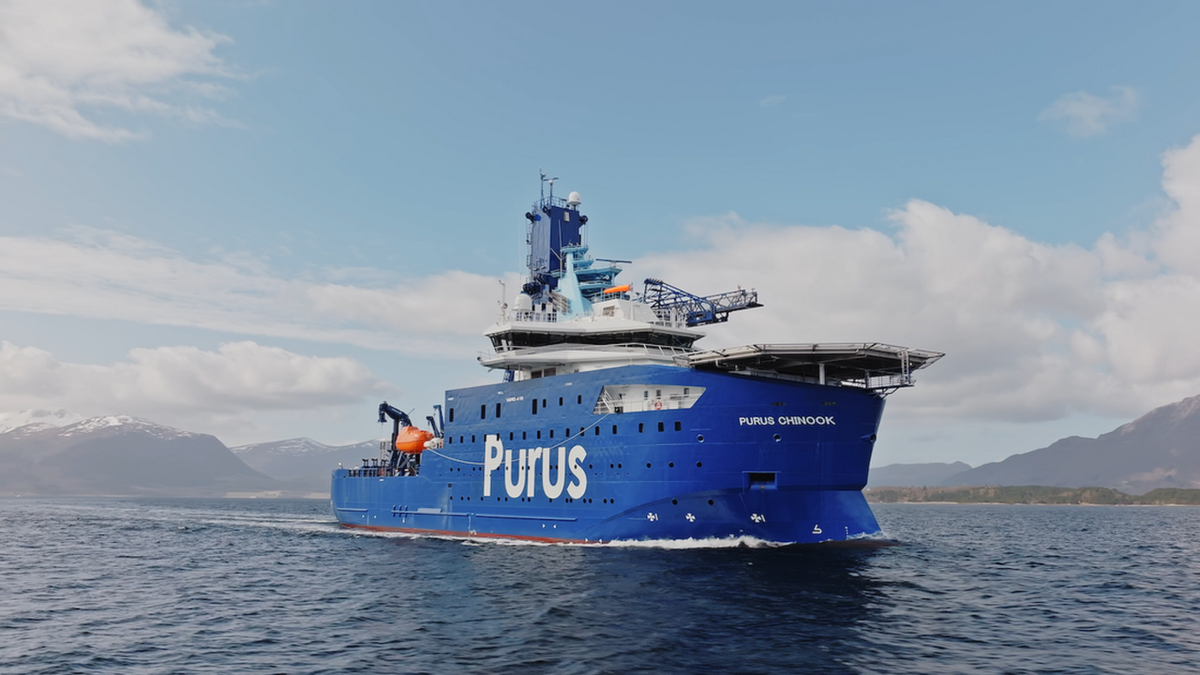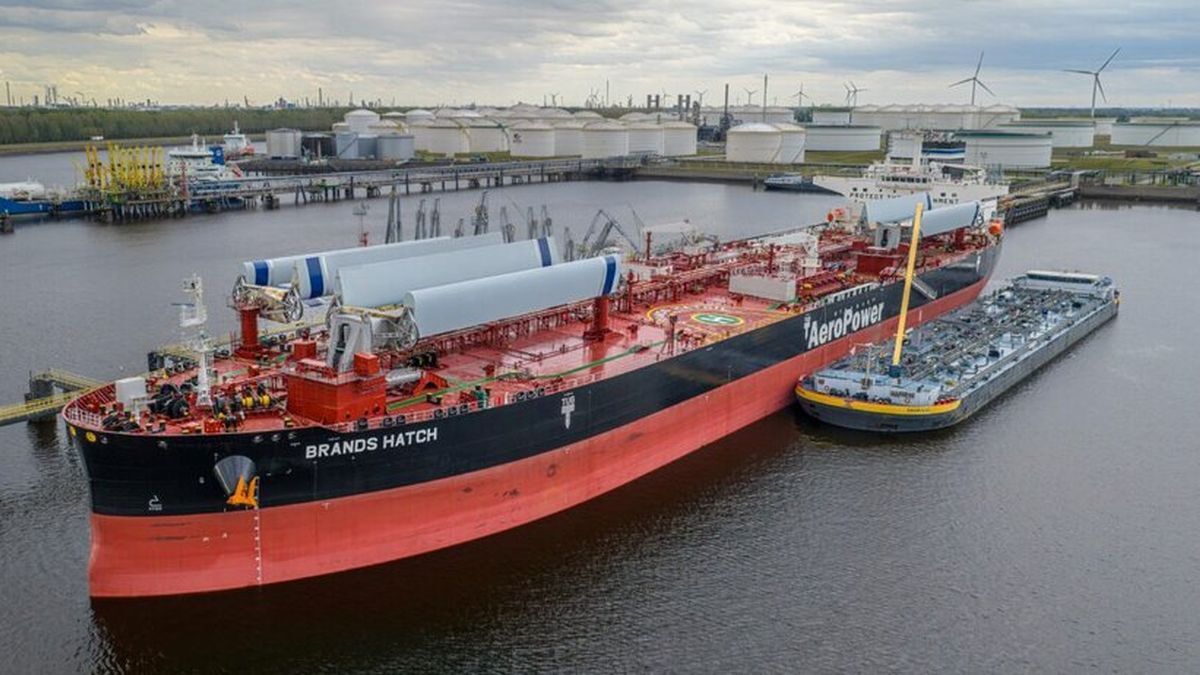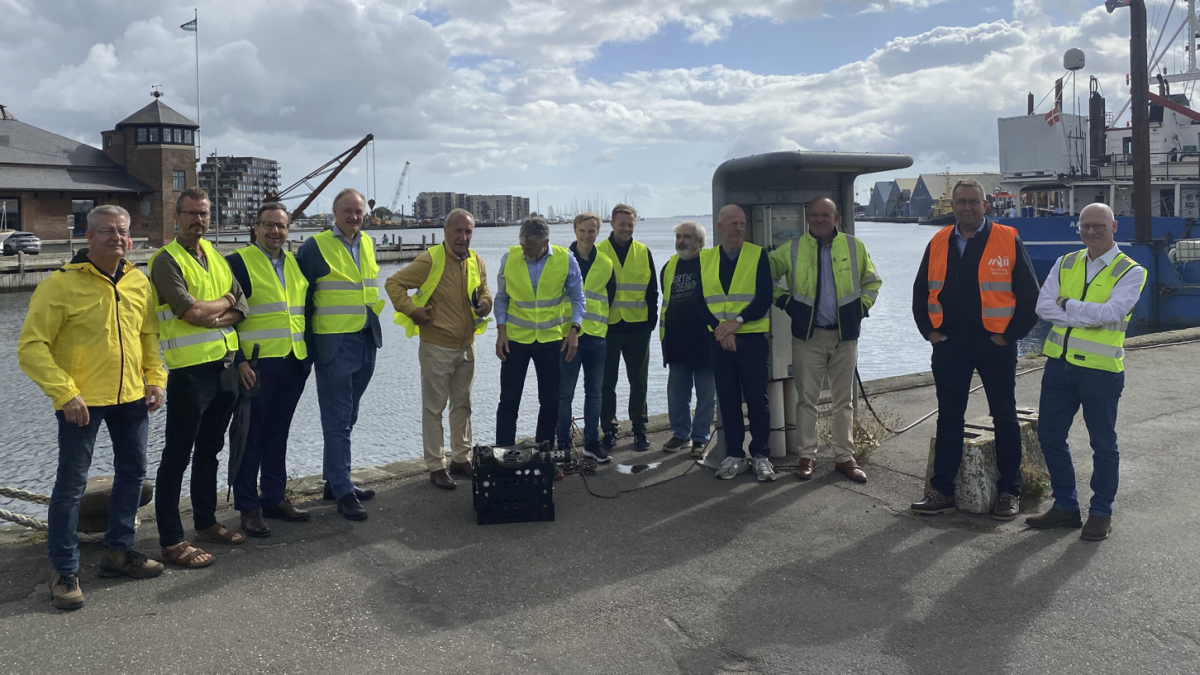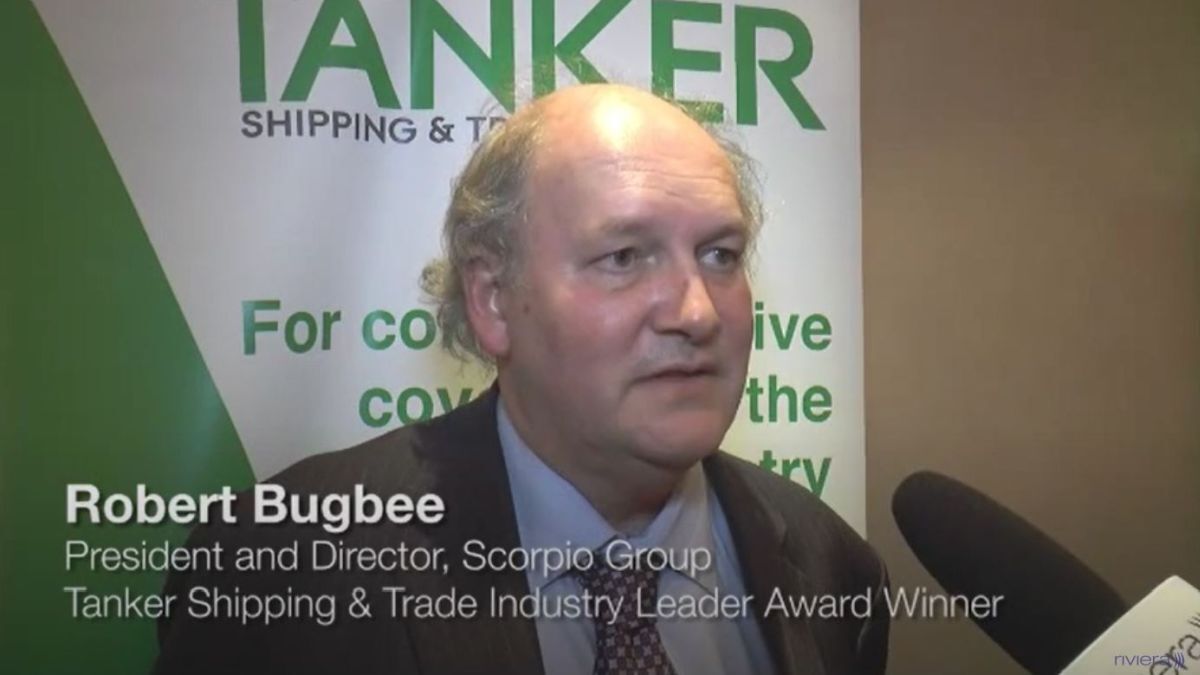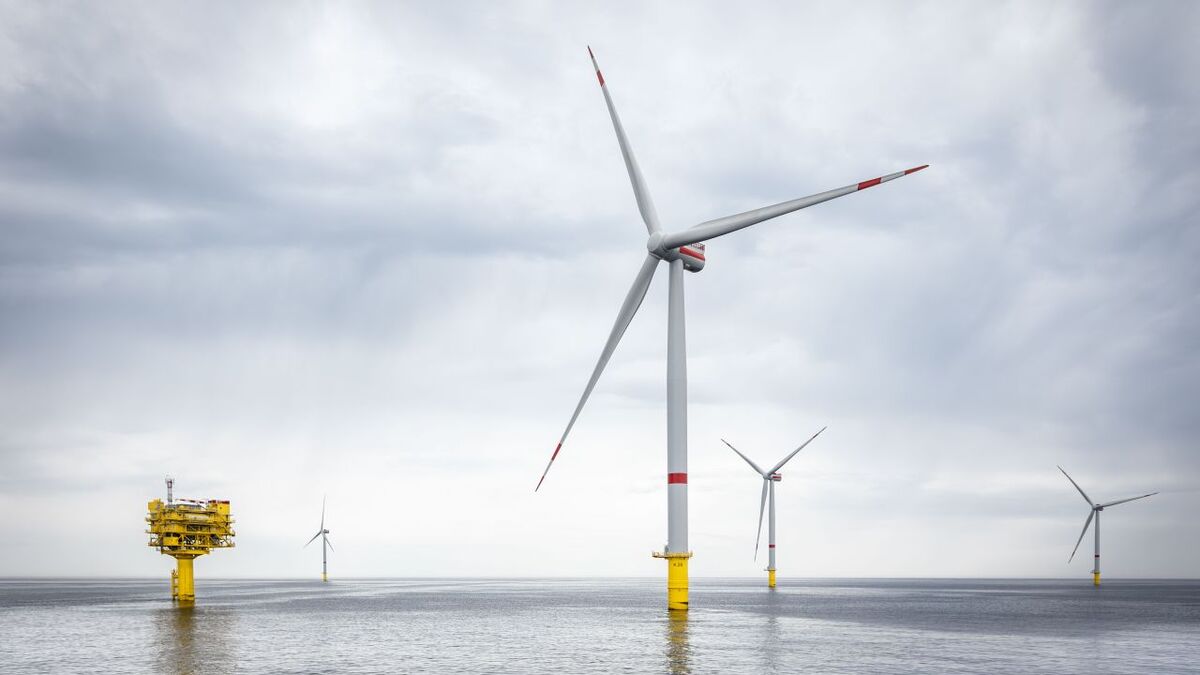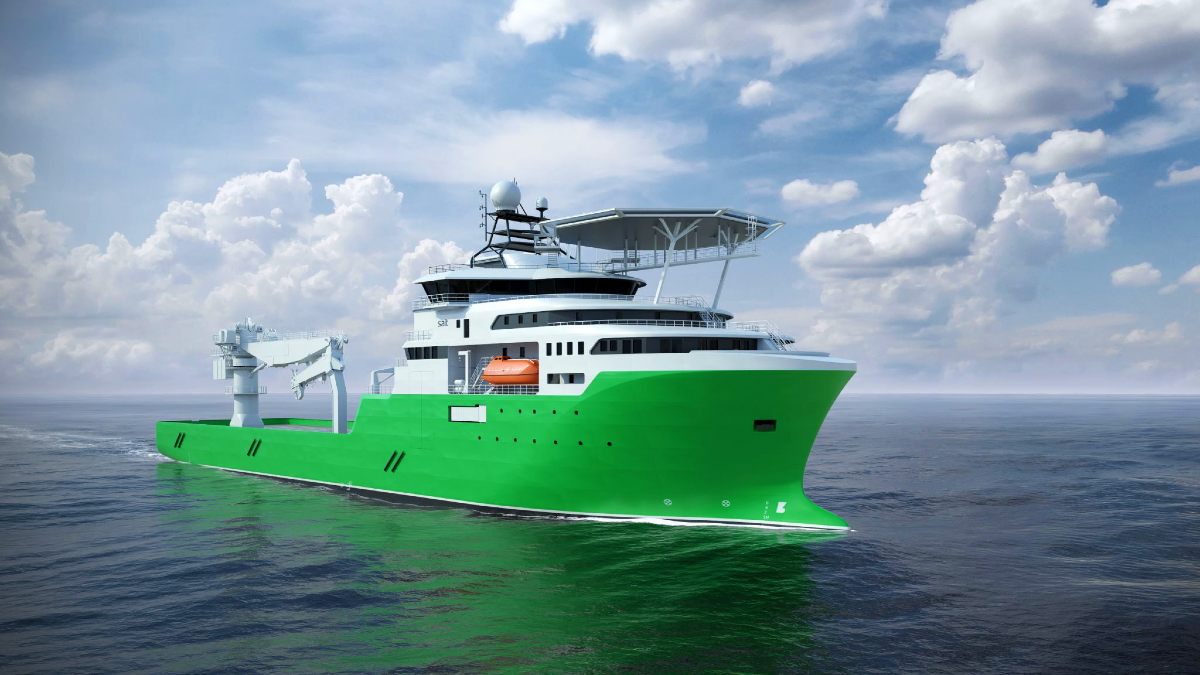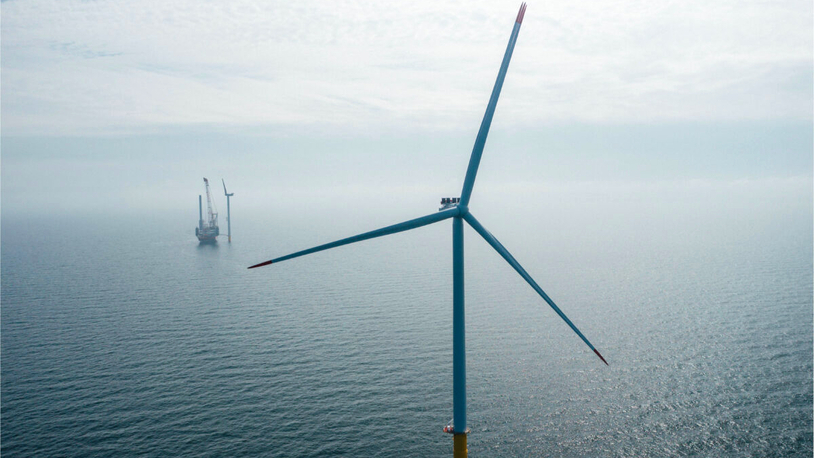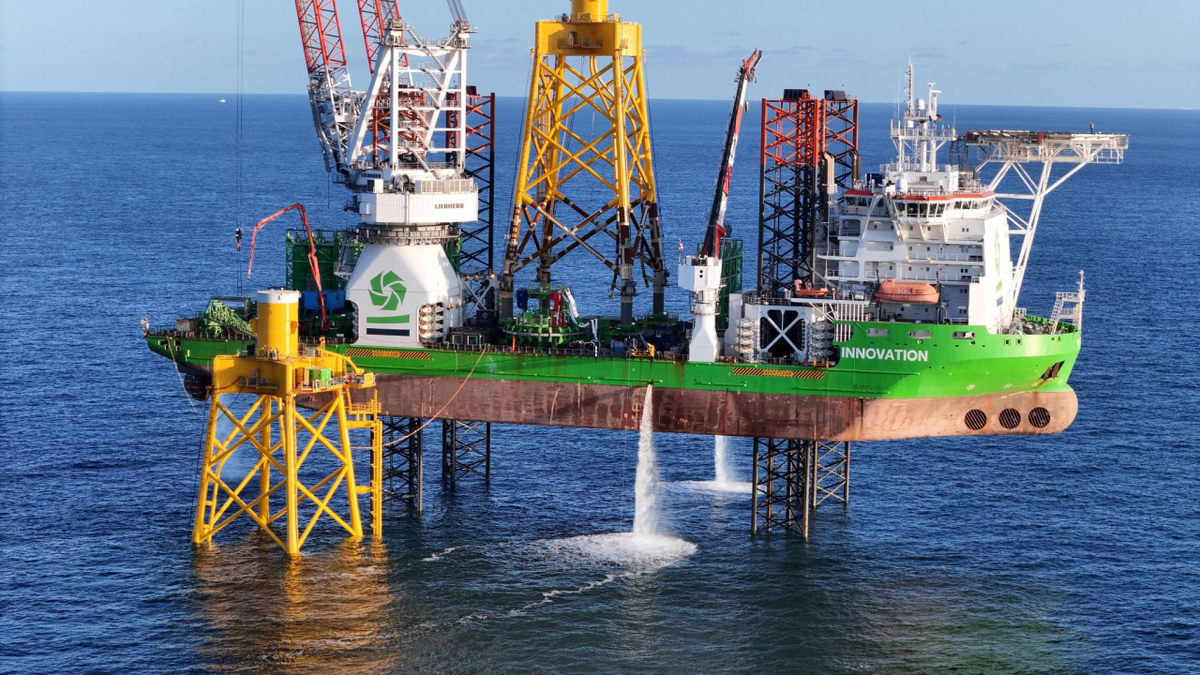Business Sectors
Events
Offshore Wind Webinar Week
Contents
Register to read more articles.
Swedish carmaker Volvo turns to offshore wind to facilitate climate-neutral goal
Volvo Cars and renewable energy company Eolus have signed a letter of intent to collaborate on the Västvind offshore wind project off the coast of Gothenburg
The aim of the agreement is that the windfarm will provide renewable power to Volvo Cars’ operations at Hisingen in Gothenburg, including a new battery factory being constructed together with Northvolt, through the jointly owned company Novo Energy.
Volvo Cars head of strategic collaboration Johan Lannering said, “Volvo Cars’ goal is to only sell fully electric cars by 2030.
“We are working hard to reduce the carbon footprint of the entire lifecycle of our cars, including the electricity used to manufacture them and their batteries.
“Committing to electricity from offshore wind will enable us to secure access to locally generated renewable electricity at a reasonable cost.”
Eolus chief executive Per Witalisson said, “We are delighted to enter into a partnership with the leading industrial company in western Sweden.
“Volvo Cars has a very clear goal of becoming completely climate-neutral by 2040. Being a part of that journey is strategically important for Eolus, and Västvind can contribute in a concrete way to Volvo Cars’ transition.”
The companies note there is a shortage of electricity generation in Västra Götaland and the demand for electricity is expected to almost double by 2030.
“Conditions in western Sweden require us to take action today to establish new electricity supply and at the same time secure our own supply of renewable electricity in the future. Additionally, this transition will create many new jobs in the automotive industry for the region,” said Mr Lannering.
The planned capacity of the Västvind wind power project is 1.0 GW, with the potential to generate 4-4.5 TWh of renewable electricity annually. This is equivalent to the current electricity and power needs of the entire city of Gothenburg. The ambition is for the project to be completed in 2029, pending required permits.
“Offshore wind is the only energy source that can contribute the large amounts of new electricity production required in the region by 2030,” said Mr Witalisson. “Western Sweden’s ambition to become Northern Europe’s centre for electrified vehicles, battery manufacturing and the world’s most climate-smart port logistics operations are not credible without a substantial increase in regionally produced renewable electricity. From that perspective, Västvind is absolutely crucial.”
A permit application for the windfarm, along with an environmental impact assessment, was submitted to the Land and Environmental Court and the Swedish government in July 2023. Dialogue is ongoing to enable coexistence with other interests such as commercial fishing. Construction is due to start in 2027, with completion in 2029.
Sign up for Riviera’s series of technical and operational webinars and conferences in 2023:
- Register to attend by visiting our events page.
- Watch recordings from all of our webinars in the webinar library.
Related to this Story
Events
Offshore Wind Webinar Week
Maritime Decarbonisation, Europe: Conference, Awards & Exhibition 2025
Offshore Support Journal Conference, Americas 2025
© 2024 Riviera Maritime Media Ltd.



